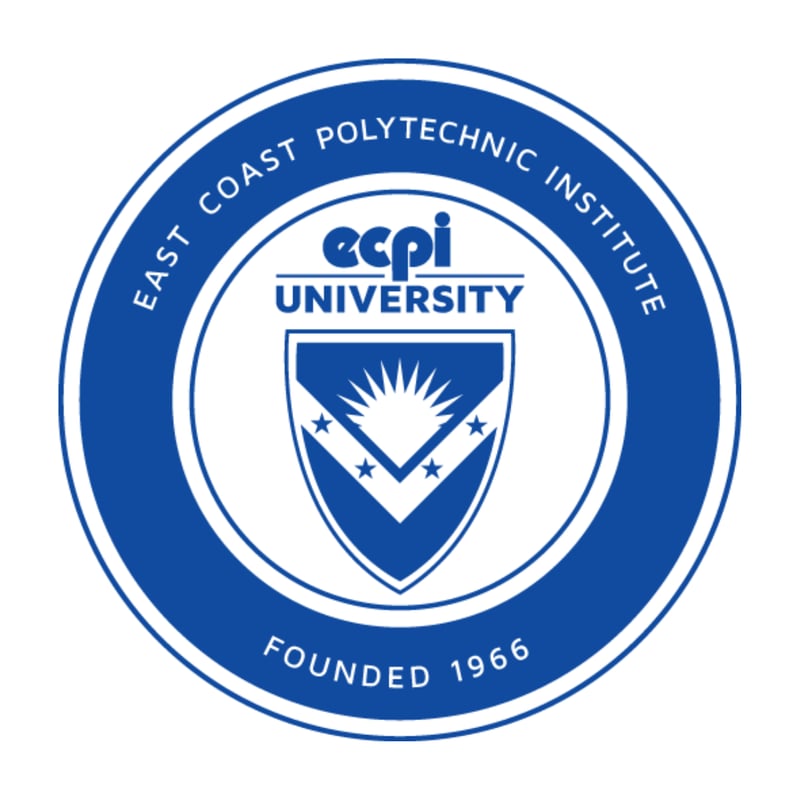
Financial aid (may be available)

No cost info

Financial aid (may be available)

Financial aid (may be available)

Financial aid (may be available)

Financial aid (may be available)

Financial aid (may be available)

Financial aid (may be available)

No cost info

Financial aid (may be available)

No cost info

Financial aid (may be available)

Financial aid (may be available)
Learn about the components of supply chains including supply chain networks, supply chain facilities, transportation, and inventory management as well as how emerging technologies affect them with our Supply Chain Fundamentals Certificate. These courses are perfect for learners seeking to enter the supply chain profession, as well as those who are seeking to enter supervisory roles or enter a new domain within the supply chain.
No cost info
This certificate program provides a foundation in supply chain and logistics management from both a U.S. as well as global perspective, preparing participants for professional careers with manufacturers and distributors, transportation carriers, and logistics service providers.
No cost info
American Military University (AMU) offers a logistics management certificate at the graduate level. It provides in-depth study of logistics and supply chain management with consideration of global impacts.
AMU’s online logistics certificate emphasizes transportation factors related to logistics, especially the maritime industry. The curriculum covers topics such as:
Transportation policy and planning
Transportation management and economics
Port and terminal operations
This program is an appropriate choice for those who wish to increase their knowledge of logistics and supply chain management without committing to a full degree program.
No cost info
No cost info
The online Logistics and Supply Chain Management Certificate from CCU will help you gain a deeper understanding of the processes and fundamentals within supply chain and inventory management, including purchasing and inbound logistics; material handling in distribution centers; warehousing and warehouse management; financial and inventory controls; transportation and distribution; and reverse and global logistics.
No cost info

Financial aid (may be available)

Financial aid (may be available)

$2,730 total

No cost info
No cost info
Logistics is an essential industry that plays a crucial role in the transportation and distribution of goods. If you're interested in pursuing a career in logistics, you'll need the right training to succeed. Fortunately, there are several logistics classes available near you in Pittsburgh that can help you develop the necessary skills and knowledge. In this blog post, we'll explore what logistics is, the training requirements, what to look for in a class, what to expect from the day-to-day class, the certification process, how to find related jobs, and other classes you can take after becoming a logistics professional.

Before diving into the details, let's start with a brief introduction to logistics. Logistics refers to the process of planning, implementing, and controlling the efficient flow and storage of goods, services, and related information. It involves coordinating various activities, such as transportation, warehousing, inventory management, and order fulfillment, to ensure that products reach their destination in a timely and cost-effective manner.
Logistics involves the following key components:
To pursue a career in logistics, it's essential to have the right training and education. While a college degree is not always required, most employers prefer candidates with some form of formal training in logistics or a related field. Here are a few training requirements to consider:
When searching for logistics classes near you in Pittsburgh, there are a few key factors to consider. Here's what to look for in a class:
Logistics classes typically cover a range of topics to provide you with a comprehensive understanding of the industry. Here's what you can expect from the day-to-day class:
After completing a logistics class, you may have the opportunity to obtain industry certifications. These certifications can enhance your resume and demonstrate your proficiency in specific areas of logistics. The certification process typically involves the following steps:
Once you've completed your logistics training and obtained any relevant certifications, you'll be ready to start your job search. Here are a few tips on how to find related jobs in the logistics industry:
While logistics classes provide a solid foundation for a career in the industry, there are other classes you can take to further enhance your skills and knowledge. Here are a few options to consider:
If you're interested in pursuing a career in logistics, taking logistics classes can provide you with the necessary skills and knowledge to succeed in the industry. Consider the training requirements, what to look for in a class, and what to expect from the day-to-day class. Obtaining industry certifications can further enhance your credentials, and networking and utilizing online job platforms can help you find related job opportunities. Don't forget to explore other classes that can complement your logistics training. For more vocational classes or career options, visit Dreambound. Dreambound is the largest platform for students to find vocational training programs, such as allied health or industrial trades, and can help you discover the perfect class for your career goals.
Dreambound has written dozens of in-depth guides on how to get started in this field, with information specific to your city. If you're located somewhere else or thinking about moving, check out some other guides we've written:
If you're exploring various professional paths, Dreambound has in-depth guides to help assist you. Explore a few of these resources below.
Dreambound's platform allows prospective students to find the right educational program for them through searching, filtering, and connecting with our extensive selection of career & technical education partners.
Dreambound has over 70 programs across healthcare, technology, business, and industrial trades. This includes programs such as Medical Billing, Cybersecurity, and welding.
Some of our schools offer financial aid for those who qualify. Many others offer payment plans, where you can pay the cost of class over time.
Yes, Dreambound offers many online programs. On Dreambound's search, you can filter by online, in-person, and hybrid (part online, part in-person).
Dreambound is completely free for you to use! We are supported by schools and organizations who pay to advertise on our website, so we can offer all of our career resources for free.